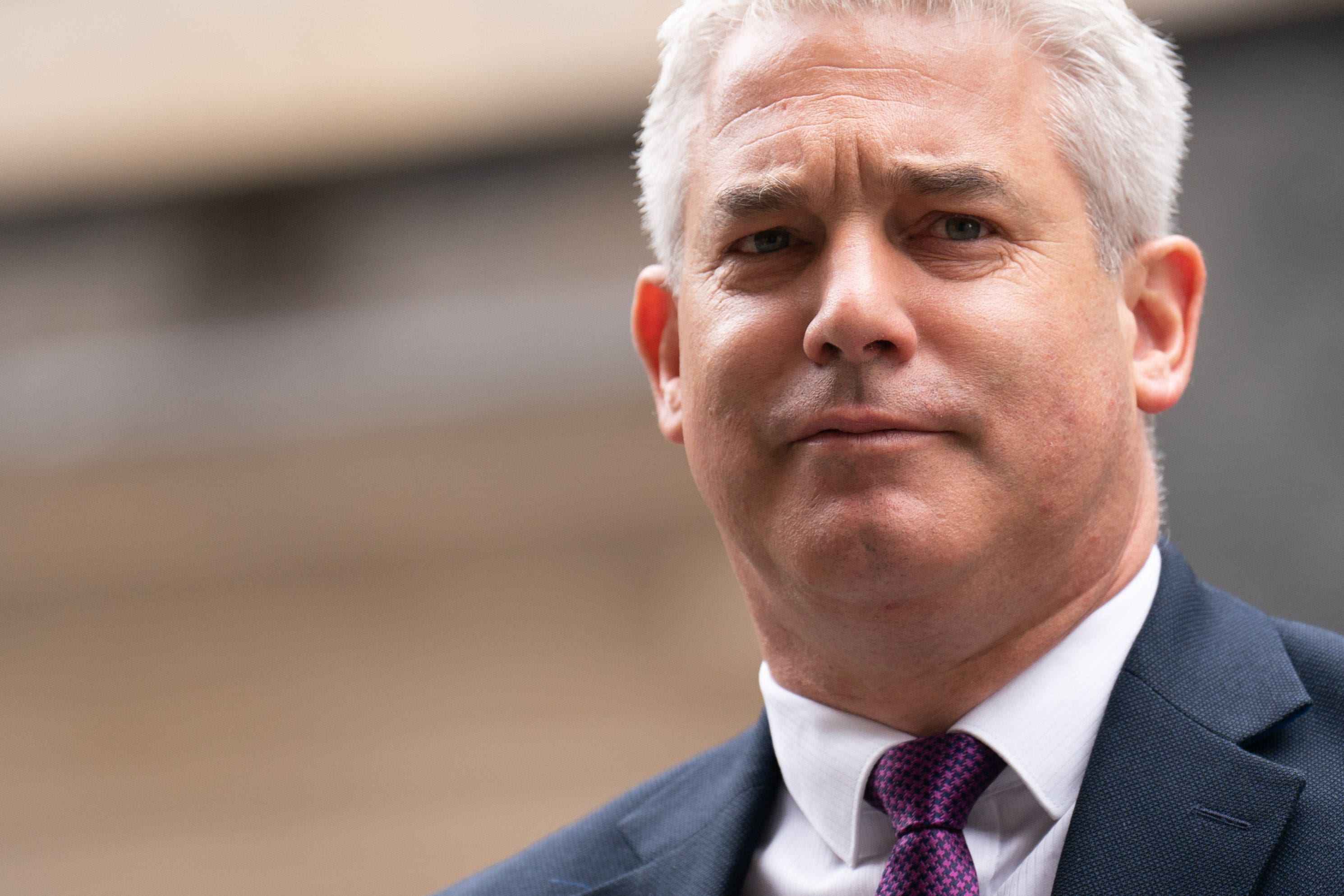£210m investment to help tackle ‘silent killer’
The funding was announced by Health Secretary Steve Barclay during a visit to India.

Your support helps us to tell the story
From reproductive rights to climate change to Big Tech, The Independent is on the ground when the story is developing. Whether it's investigating the financials of Elon Musk's pro-Trump PAC or producing our latest documentary, 'The A Word', which shines a light on the American women fighting for reproductive rights, we know how important it is to parse out the facts from the messaging.
At such a critical moment in US history, we need reporters on the ground. Your donation allows us to keep sending journalists to speak to both sides of the story.
The Independent is trusted by Americans across the entire political spectrum. And unlike many other quality news outlets, we choose not to lock Americans out of our reporting and analysis with paywalls. We believe quality journalism should be available to everyone, paid for by those who can afford it.
Your support makes all the difference.The Government will invest £210 million in tackling the “silent killer” of antibiotic resistance, which it says “poses a significant threat to people’s health around the world”.
The cash, from the UK aid budget, will support the Fleming Fund in continuing its work in Asia and Africa over the next three years.
It will strengthen its capacity for surveillance of antibiotic resistance in up to 25 countries where the risk is highest, including Ghana, Kenya, Indonesia and Papua New Guinea.
It also builds on work the Government is doing to incentivise drug companies to develop new antibiotics
More than 250 laboratories will be upgraded and provided with new equipment, including genome sequencing technology that helps track bacterial transmission between humans, animals and the environment.
The investment was announced during a visit to India by Health Secretary Steve Barclay.
He said: “Antimicrobial resistance is a silent killer which poses a significant threat to people’s health around the world and here in the UK, and will be an important topic here at the G20 in India.
“It’s vital it is stopped in its tracks and this record funding will allow countries most at risk to tackle it and prevent it from taking more lives across the world, ultimately making us safer at home.
“It also builds on work the Government is doing to incentivise drug companies to develop new antibiotics, a model which some G20 countries are looking to implement.”
Antibiotic, or antimicrobial, resistance happens when bacteria, viruses, fungi and parasites change over time and no longer respond to medicines.
According to the Government, it leads to the death of about 1.27 million people each year.
In April, a report by the World Health Organisation (WHO) said its surveillance of antibiotic resistance in the European region, which included data from 2021, showed “high percentages of resistance to last-line antibiotics” in a number of countries.
Dame Sally Davies, UK special envoy on anti-microbial resistance, added: “This world-leading investment in AMR laboratories, workforce and systems is a vital contribution to realise our vision of a world free of drug-resistant infection.”